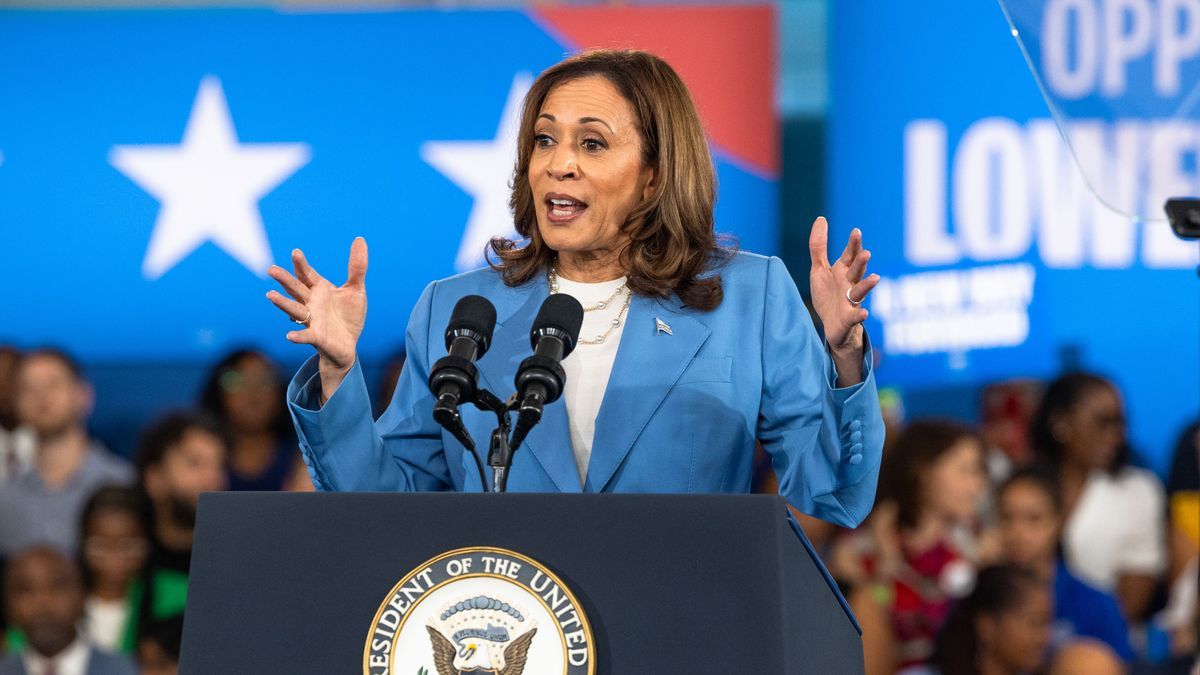The 2024 US presidential election cycle has represented a shift in policy away from technology adoption, with both parties remaining silent on any plans to invest in or employ cybersecurity strategies.
And while the Republican Party has taken a more passive stance on technology, the Democratic platform appears to have capitalized on growing bipartisan support for regulatory crackdowns on tech giants — a position overwhelmingly backed by American voters.
The Democratic manifesto contained only two mentions of cybersecurity. One promised to combat hate crimes and cyber threats, while the other focused primarily on addressing cyber threats rather than taking advantage of the technological momentum.
Managing AI risks
The platform highlights how the party's candidate “will continue to address cyber threats by strengthening the capabilities of our intelligence communities and leading the development of ground rules for technologies like artificial intelligence.”
The platform identified the potential “promises and perils” of artificial intelligence and pledged to invest in the safe development of AI, while banning voice impersonations and mitigating the risks of fraud, institutionalized bias and undermining democracy.
In early 2024, Congress banned staff from using Microsoft Copilot on government devices, citing the potential for sensitive data leakage. In addition to this, the White House required all government agencies to designate a Artificial Intelligence Officer to help manage security, safety, civil rights, and market competition.
Digital security
The Democratic platform did address online safety, particularly for children. The document raised concerns about the effects of social media on children’s mental health and well-being, and highlighted the digital monopoly that allows a select few tech companies to increase power over the daily lives of Americans.
The party stressed the need to hold big tech companies accountable for the harm they cause, specifically when they allow abusive and criminal behavior to “proliferate” on their sites.
He has promised to introduce legislation to stop tech companies from collecting children's personal data, ban advertising aimed at children and set stricter limits on the collection of all personal data.
Through Cyber exclusive









